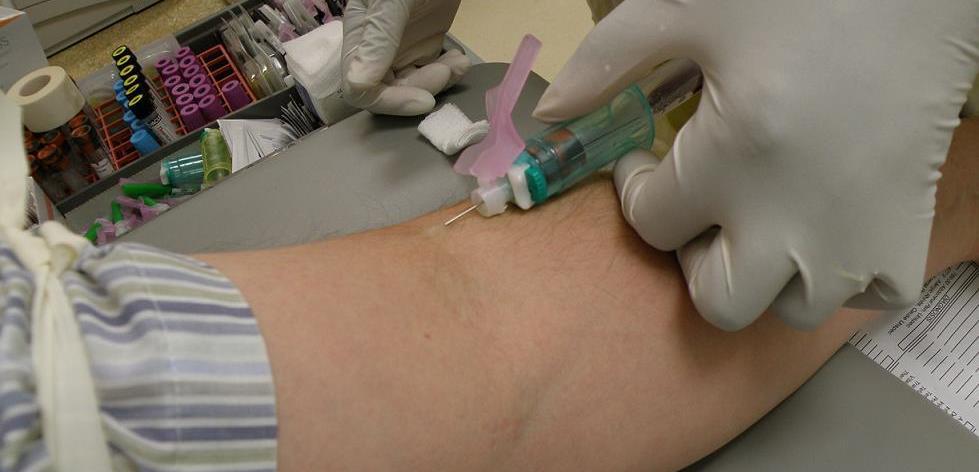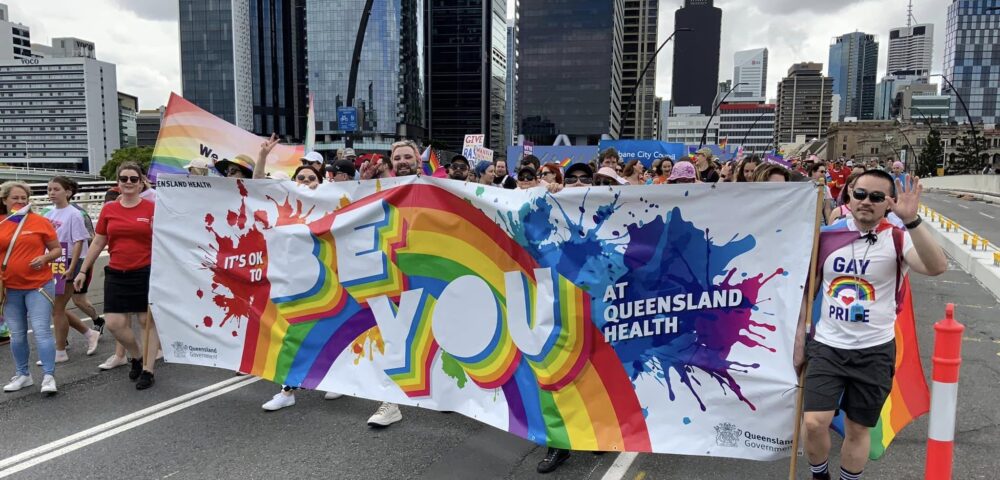
Queensland AIDS Council reaches testing milestone

QUEENSLAND AIDS Council (QuAC) has achieved what they describe as a “significant milestone” with 5000 tests undergone for STIs, including HIV, in its goal to improve and increase testing rates within the LGBTI community.
Through its rapid HIV service Testing Point and Clinic 30 sexual and mental health service launched in 2012 and 2014 respectively, QuAC executive director Michael Scott described the milestone proved that testing was “reaching the right people”.
“Over 70 per cent of people accessing our service are in the 20-39 age range, and these people are at greater risk of contracting an STI. We know that we are reaching the right people as well, not just testing to build statistics,” Scott said.
“We test for all STIs because we know that sexual health is far more than testing for HIV. Not only do all STIs have a significant impact on a person’s sexual health, but the presence of an STI increases the likelihood of HIV transmission.”
QuAC’s milestone comes just weeks after the HIV Foundation Queensland-run RAPID clinic on Winn St in Brisbane’s Fortitude Valley neighbourhood celebrated 500 tests in March, six months after it opened.
Australian Federation of AIDS Organisations executive director Rob Lake said QuAC had been a national leader in its roll out of rapid HIV testing across Queensland.
“Around Australia, we are starting to see the results, and the evidence that rapid testing and community-led clinics are change that gay men want,” he said.
Maintaining a partnership approach remains an important means by which to improving testing rates along with treatment and education of HIV and other STIs across Queensland, according to Queensland Positive People (QPP) executive officer Simon O’Connor.
“QPP and QuAC share a commitment to achieving the UN targets of 90-90-90 and ensuring that those most at risk of HIV know their status,” he said.
Scott agreed, but highlighted a need to reboot this partnership approach within the Queensland HIV sector.
“The ‘partnership approach’ which has been so successful across Australia for three decades, must be reinvigorated in Queensland,” he said.
“A true partnership between affected communities, community based organisations like Queensland AIDS Council, government at all levels and researchers will significantly break down barriers to testing, and ensure seamless referral processes are maintained.”
In light of the recent results from last year’s Gay Community Periodic Survey (GCPS) that indicated HIV testing rates were high but not increasing, Scott believes peer education is crucial to alleviate that anxiety that can accompany testing.
“QuAC believes one of the significant barriers to testing is anxiety relating to the testing process,” he told the Star Observer.
“QuAC utilises clinicians who have expertise at providing pre and post-test counselling for anyone wishing to receive an HIV or other STI test.
“The reality is that for many people getting tested for an STI is a big issue, and it comes with a range of anxieties attached to the results, and minimising the process actually does our community a disservice.
“Of course we need to ensure that not only testing numbers are increased, but it is imperative that we are testing the right people – those people who are most at risk of STI transmission.”
Scott believes there are various sectors of the gay community and men who have sex with men (MSM) where previous messages about testing was not reaching them effectively.
“These sub-populations include sexually adventurous men, young men, people in serodiscordant relationships, and men who use risk reduction strategies most times, but not every time they have sex,” he said.
“Without targeted education, these messages will never reach them. The ‘whole of population’ approach is great at building statistics, but it is not great at reaching the people who most need to be tested.”
Scott re-iterated his argument that QuAC needed to have government funding restored, partly because he believes it would provide targeted education to gay men and MSM and specific campaigns working with sexually-adventurous men, young men and men who have grown tired of the “use a condom every time message”.









